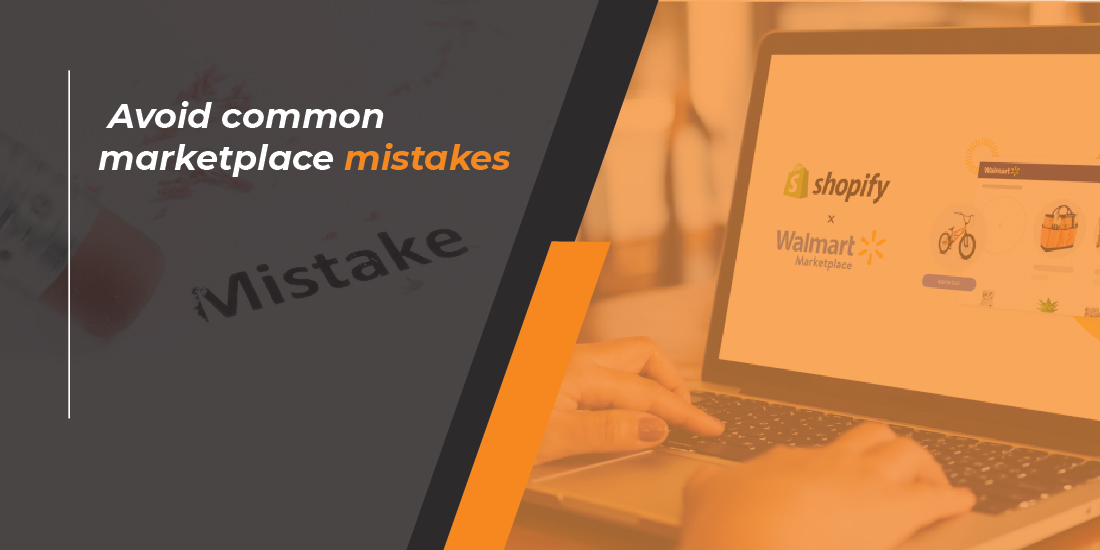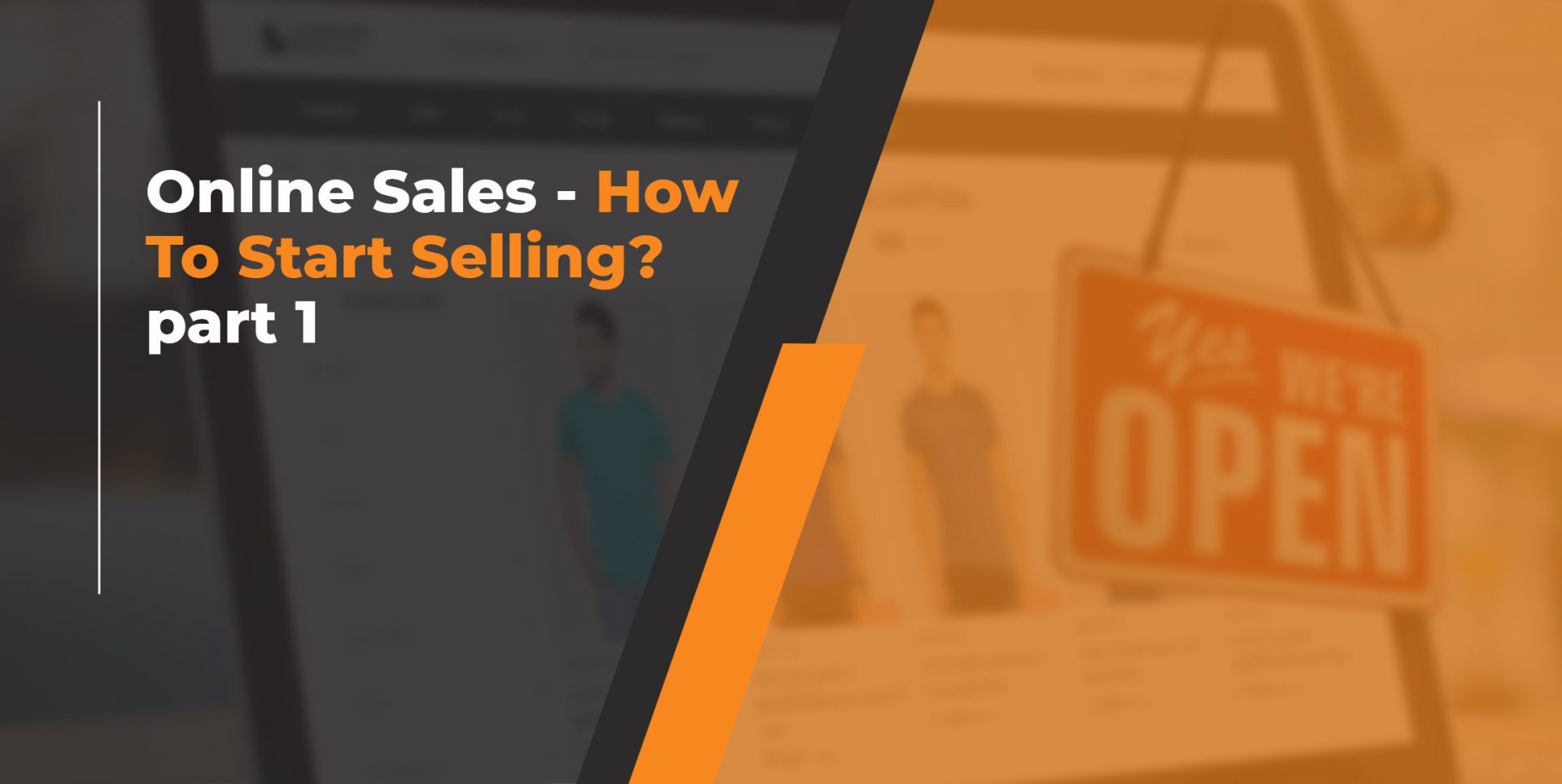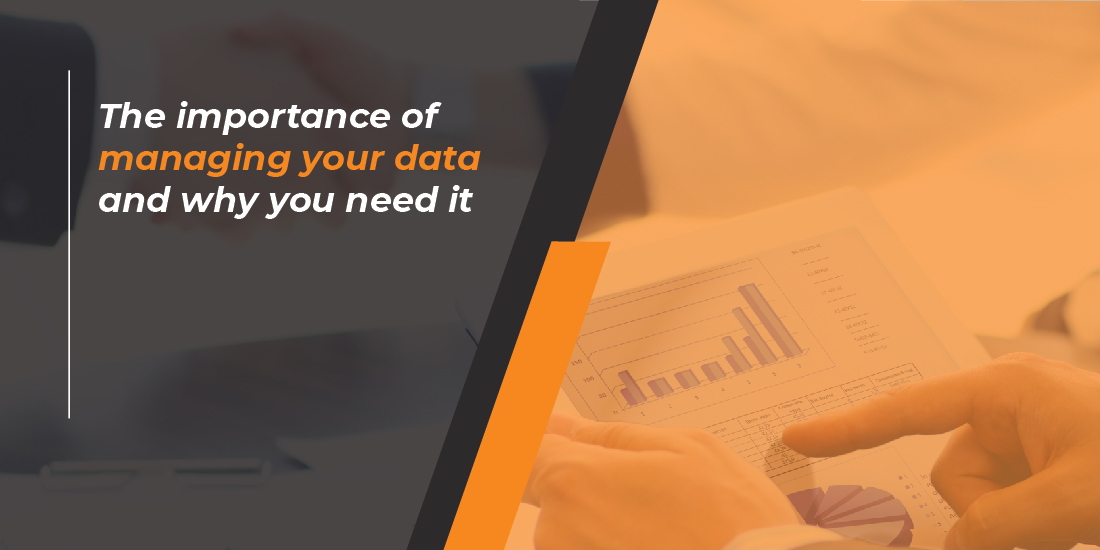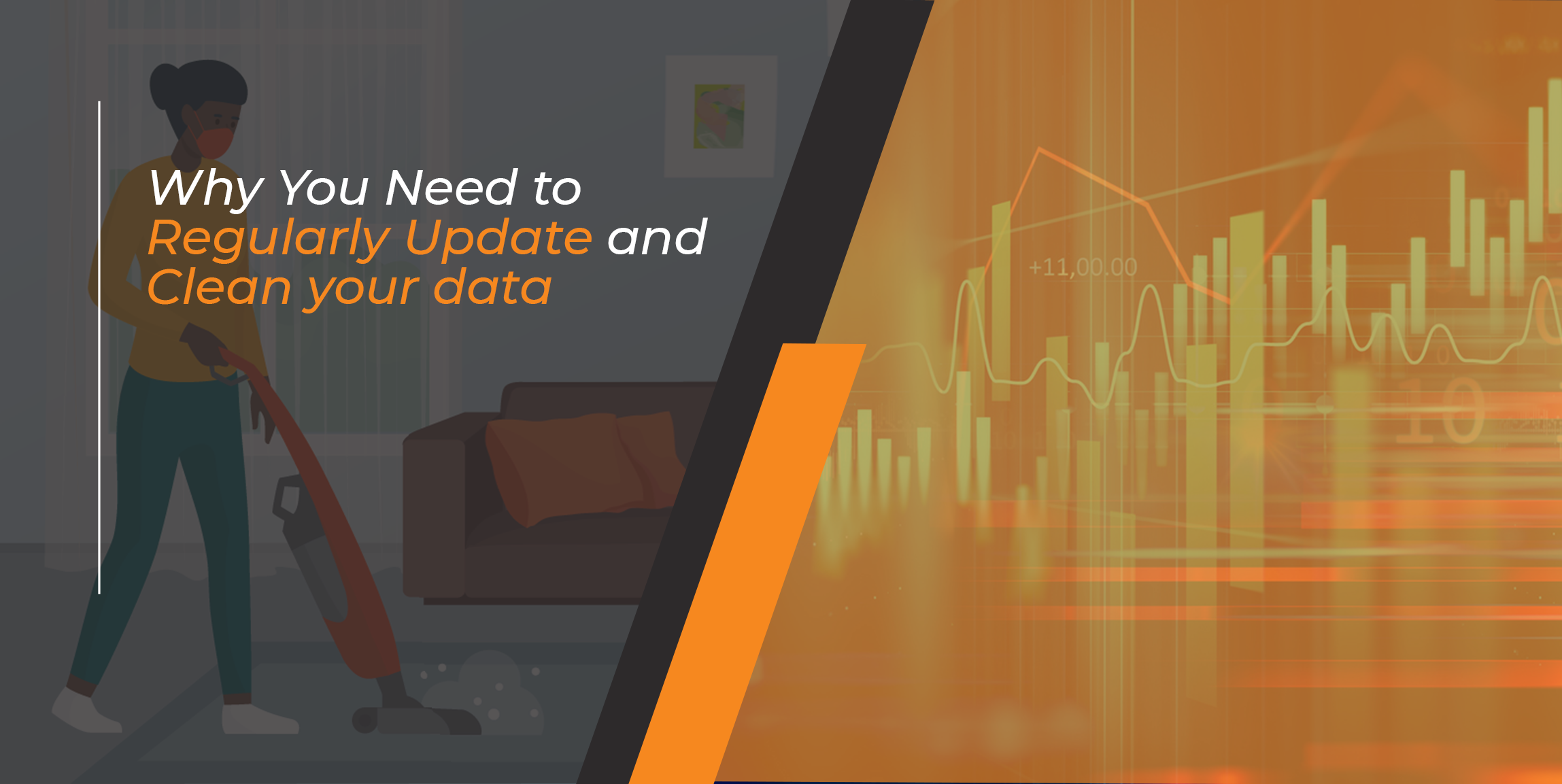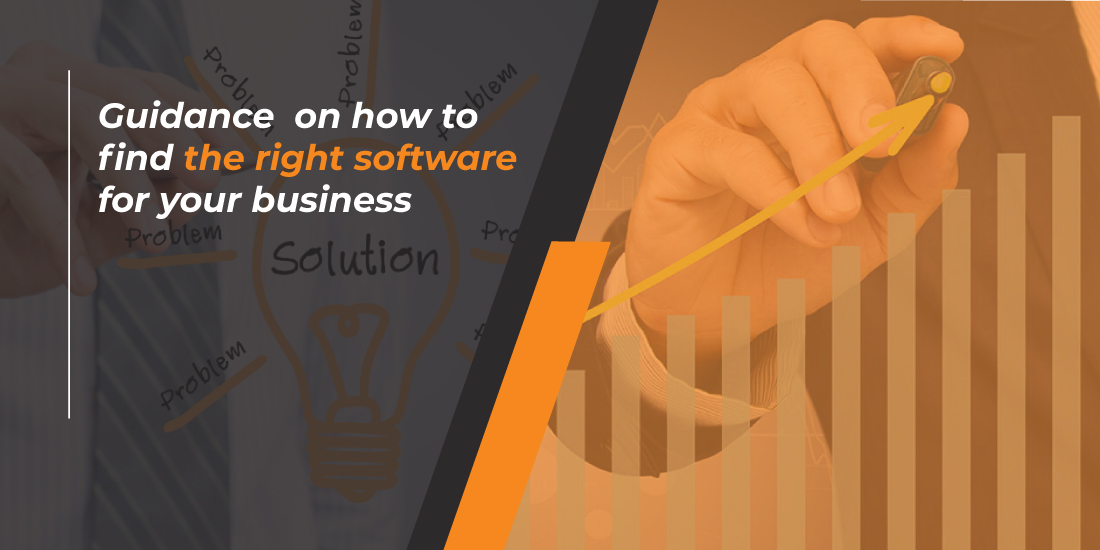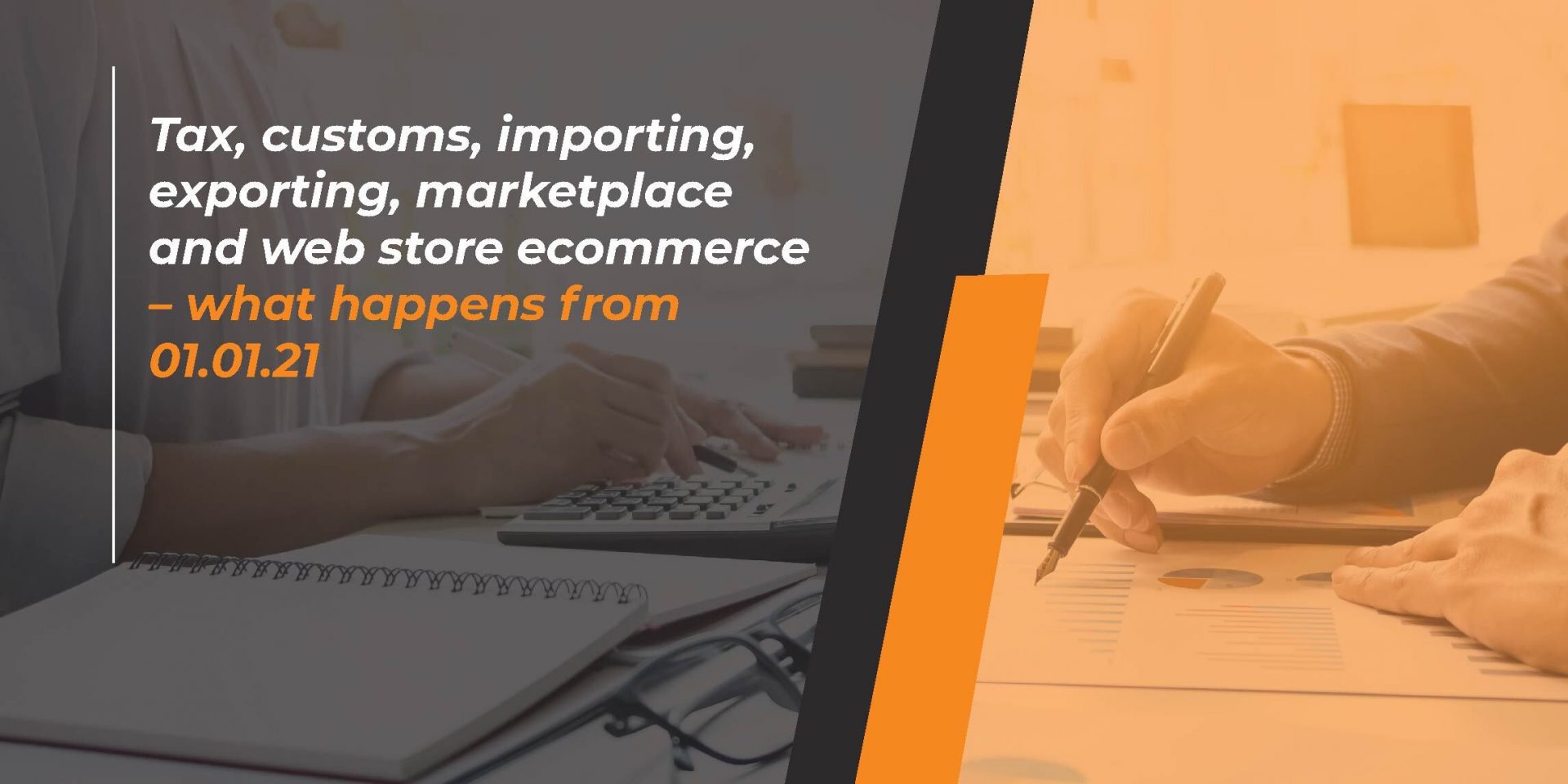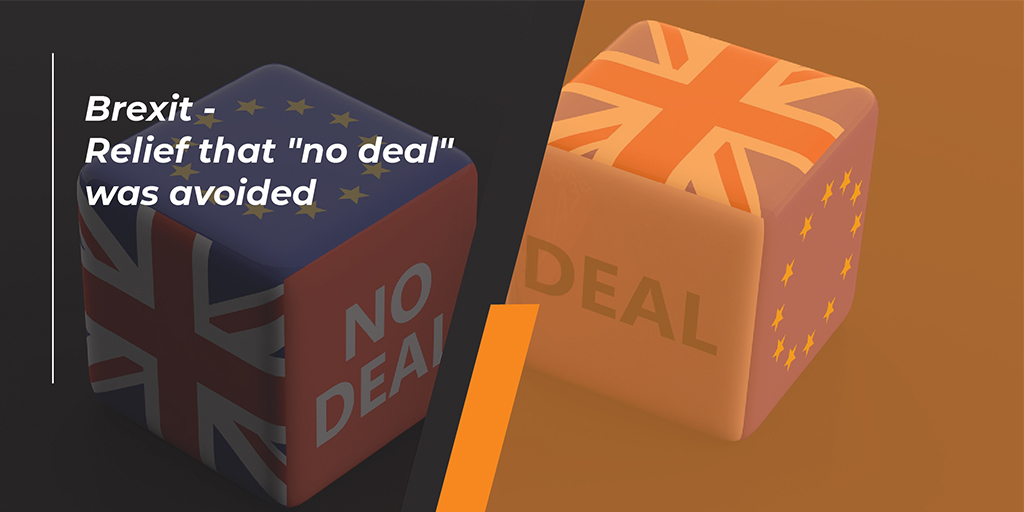In this post we talk about the changes to VAT and customs from the beginning of 2021. We’re organising a webinar on this topic to delve into more of the detail. It’s on 8th December and you can register here.
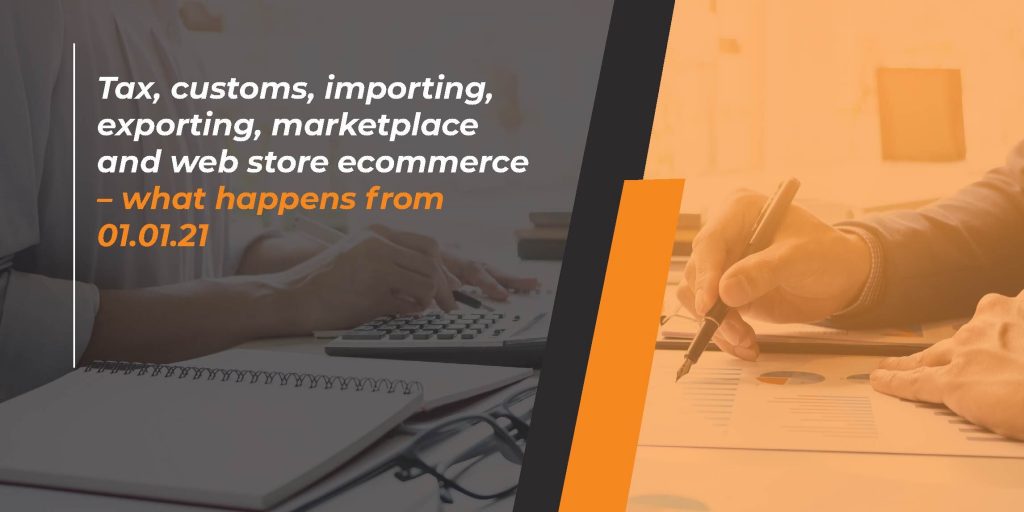
If you source or build products inside the UK and you sell to UK-resident customers, you can stop reading; no change for you. Likewise if you provide most services to the UK from the UK. The overwhelming majority of people reading this blog post, however, will be from companies in the aftermarket sector importing physical goods from outside the UK and selling them on, or selling UK goods overseas, or both.
This majority feels the impact of changes that hit the UK on the 1st of January, the first genuine day of Brexit, without a deal in place as seems highly likely at the time of writing. So, you need to be ready well in advance of the New Year, to avoid jeopardising your business operations.
Let’s break this down into 3 areas. First, selling on your web store; second, selling via marketplaces; third, what you need to do for Her Majesty’s Revenue & Customs.
First of all, what’s brought on all this? Ecommerce VAT evasion by non-EU sellers selling the EU costs the EU about €5bn per year. As a consequence it has introduced a 2021 EU VAT ecommerce package, originally planned for 1st January 2021 and delayed until 1st July 2021 due to coronavirus.
This places the burden of VAT collection on online marketplaces, since the new rules seem the marketplace to be the de facto supplier when they facilitate the cross-border B2C transactions of their third party sellers. The marketplace collects the VAT and passes it on to the national government where the sale takes place. There are some wrinkles to this, which this article explores in more detail.
Of course, the UK leaves the EU VAT regime at the end of 21st December 31st 2020, so the EU regulations don’t apply to sales in the UK. UK marketplace deemed supplier rules, however, do apply, and they kick in on the 1st January 2021. These rules closely mirror the EU package, with sales VAT being due on all items from a penny up to £135, collected by the marketplace, and with a customers declaration still being necessary.
Marketplaces will be deemed as the suppliers for VAT purposes in two cases:
- Consignments from outside the UK to the UK for a value not exceeding £135 on sales generated by marketplaces, regardless of whether these sales are business-to-business or business-to-consumer
- Domestic shipments (UK to UK) when the seller is not established in the UK and the consumer sale has been generated by the marketplace (so, business-to-business sales are not covered). The value of the consignment is irrelevant.
The border between Northern Ireland and the Republic of Ireland has long been a sticking point in Brexit negotiations, and so it comes as little surprise that the UK rules above only apply to Great Britain, and exclude Northern Ireland, which is left with a rather complex dual status arrangement, as explained here.
The web store picture
If you’re running a web store, perhaps on a recognised platform like Magento or Shopify, or perhaps independently, and you’re based in the UK, then you’ll be used to dealing with VAT on items sold to UK customers. You’ll also be used to the customs obligations. If you are using a web store platform, then the chances are the tax rates for the different countries – and different states with in the US – are held within the system.
On the 1st January 2021 the UK leaves the EU, which changes the nature of the EU countries you sell to, regardless of whether you are tax-registered in those countries. You need to read the section below on HMRC.
For online sales made outside of any marketplace, if the sale involves the import of a consignment with a value not exceeding £135, no customs duties will apply, but the merchant will need to be registered for VAT in the UK to report and pay import VAT quarterly.
The marketplace picture
Unsurprisingly, the marketplaces are across this major change to the way they operate, and they get a practice run for the EU countries in the form of the UK regime. Amazon, for example, has written to all sellers informing them of its responsibility to collect VAT for sales the UK from overseas sellers.
Amazon has made changes to determine the ‘Ship from address’ information, to comply with the legislation, as part of the shipping confirmation workflow. How this change impacts your current procedures depends on how you currently confirm shipments, either through Seller Central or third party management systems. It may also affect the communications messages that you or Amazon sends to keep buyers informed on the progress of their order.
Amazon has a detailed help page covering the UK ecommerce VAT regulations and more information on confirming shipments from 01.01.21 (you’ll need to be logged in to a Seller Central Account to access these pages).
The HMRC picture
The HMRC wrote to all UK businesses in September urging them to get ready for the changes coming on the first of the year. All companies sending goods from Great Britain to the EU from 1st January will be responsible for completing export declarations.
Similarly, all companies who import into Great Britain from the EU goods are on the controlled good list (such as animal products and alcohol, see here) will have to make declarations too. For non-controlled goods, if your compliance is in good standing you can defer the declarations for up to 6 months but you’ll still need to start recording all your imports.
The HMRC notes the complexity of import and export requirements and notes that very few businesses do this work themselves. It encourages all companies to have these relationships in place with companies like freight forwarders and ‘fast parcel’ operators, who are dealing with HMRC on a daily basis and can offer other benefits besides, well in advance of the end of the year.
To register for a panel webinar discussing these important changes in more detail, please go here.
Alternatively, to discuss one-to-one how you can be ready for the new tax and customs regime before the 1st of January 2021, contact us.
More from us

